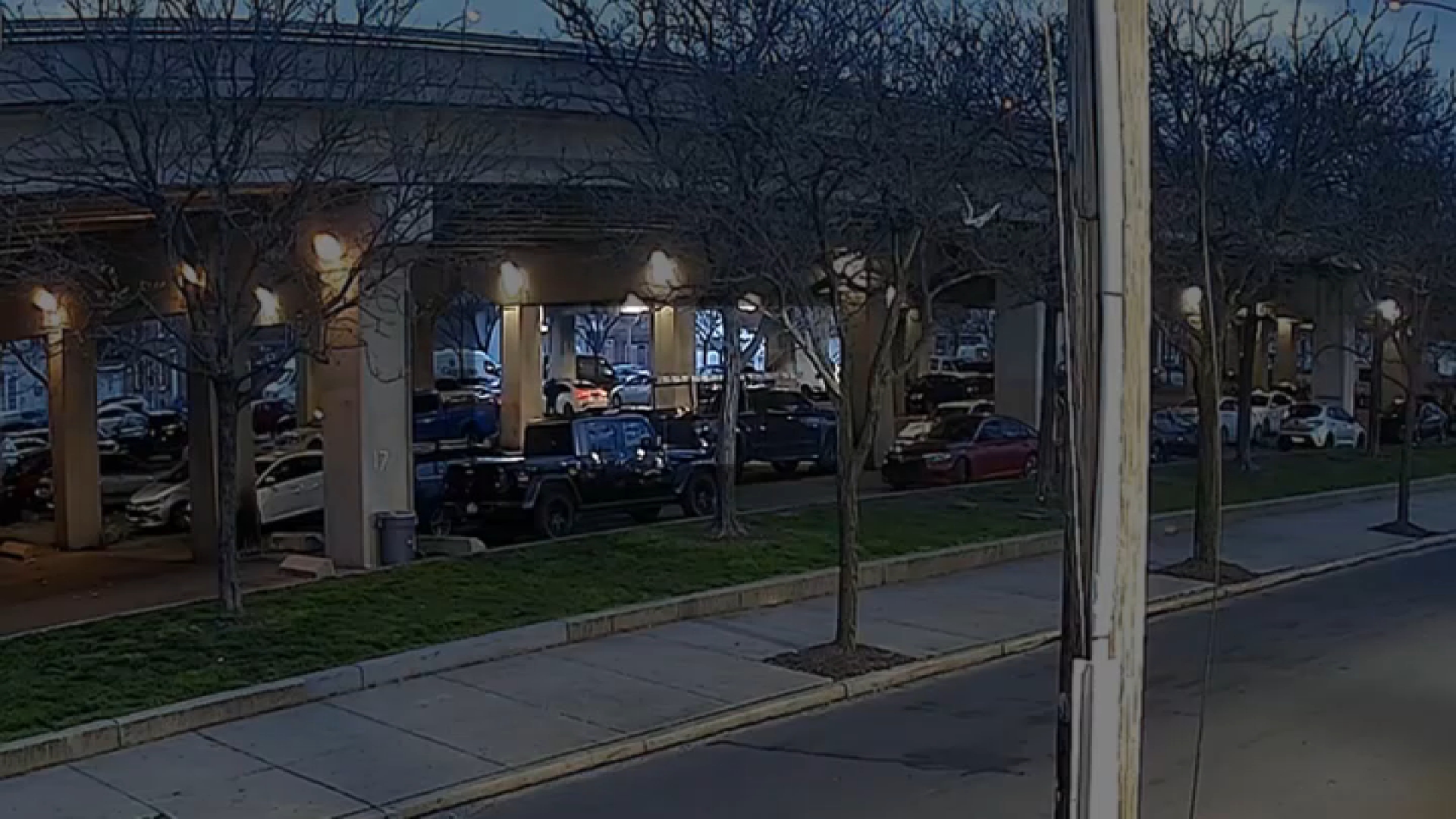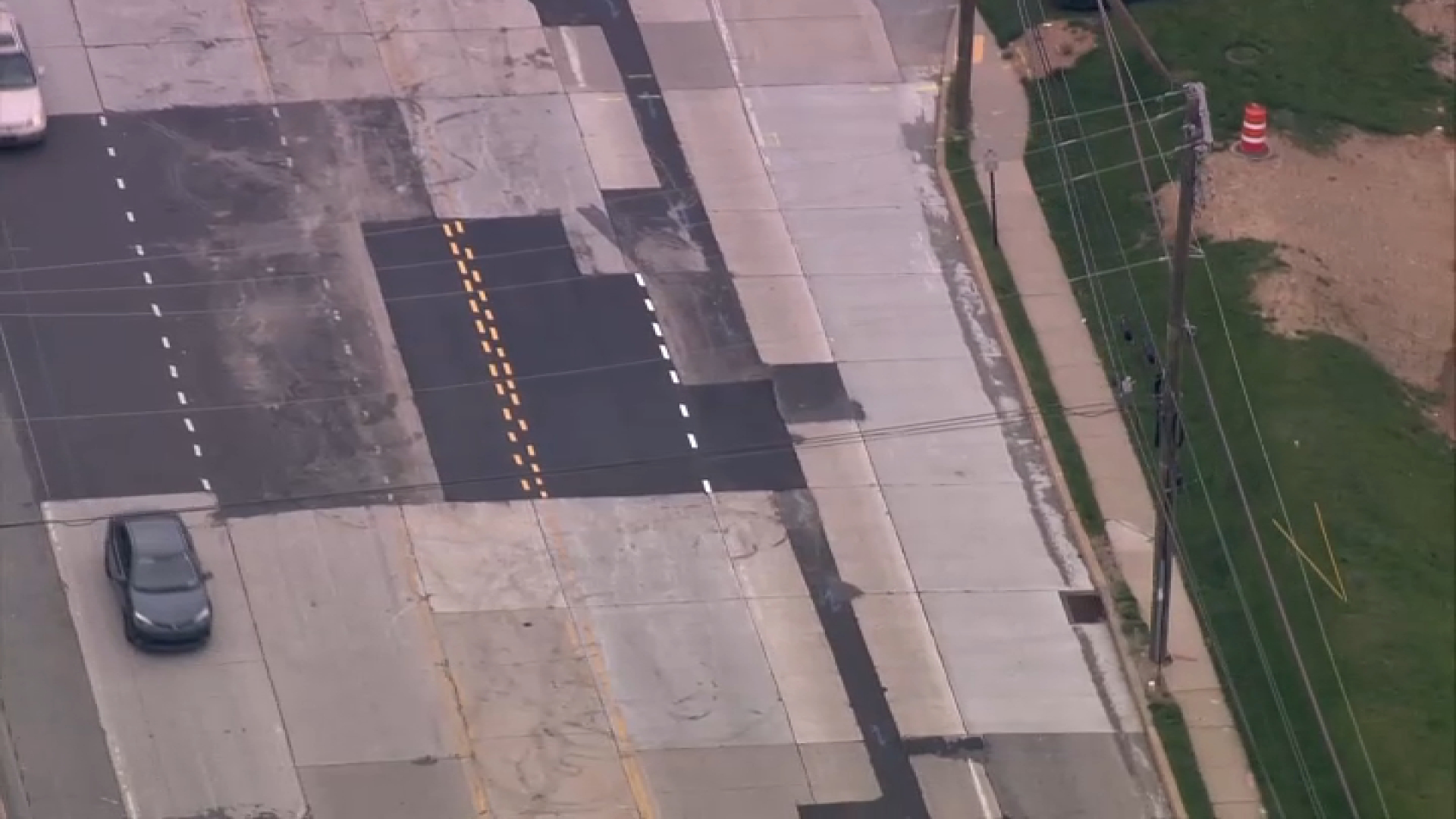It used to be soldiers could only receive mail specifically addressed to them, until a Delawarean wrote a letter to Dear Abby that changed all of that.
It was 1967 when 19-year-old Private First Class David Rice was in Vietnam. He was drafted.
"A lot of us weren't volunteering, but you got drafted, so you had to go. And of course, we went," Rice said.
Far from home, Rice said mail call helped soldiers get through the day. "It meant so much to you to have something from home; that you knew somebody was caring about you as much as you were over there doing what you were supposed to be doing."
But some soldiers, Rice said, never received letters and eventually stopped showing up for mail call. They either didn't have anyone at home, or didn't tell anyone they were in Vietnam because of the unpopularity of the war.
Rice said he'd receive the occasional letter from his mother, but that morale, overall, was low. So when he saw a "Dear Abby" column asking what GI's wanted for Christmas that year, Rice wrote in asking for more support from home.
"That's all I wanted, to see more smiles on people that didn't have mail, and mail was the main connection with anybody," Rice said.
His letter to "Dear Abby" read "Please have them write to 'Any Lonely Soldier' in care of me and I'll see that he gets it."
"Dear Abby" published Rice's letter in 900 newspapers across the country with his address.
Local
Breaking news and the stories that matter to your neighborhood.
"Then on Nov. 12, 1967, I received 20,000 letters and four packages. Took two trucks, two jeep truckloads, to bring them to the mail room," Rice said. "The next day I got 10,000 in the morning."
The FBI and the Dept. of Defense took notice. Rice said the feds suspected he orchestrated some type of moneymaking scam and returned close to 70,000 letters back to their senders.
The mail created a bottleneck at the San Francisco post office prompting then Congressman Bob Wilson to get involved. After ensuring that Rice was handling the mail appropriately, and that it was not a scam, the feds had no authority to stop the mail and the law stipulating mail be addressed to a specific soldier was changed.
"That's when the anonymous servicemen letter, packages, including today, are getting mail without their name, address or anything — just to a serviceman," said Rice, who wants to thank all of the people who took the time to write and send letters.
Soldiers started lining up for mail call, Rice said, because they would always walk away with a package or two, and letters.
Rice put together a scrapbook recounting everything that transpired during his tour between 1967 and 1968. He donated it in November to the Delaware Public Archives for safekeeping.
"The materials that are contained in this portfolio/scrapbook changed a whole way of doing things with the United States postal system and the Department of Defense," said Stephen Marz, Delaware State Archivist. "This is one more piece of important documentation that has come in to us and it's used. People have already come in and asked to see this portfolio."
"One letter makes a big difference and that made a big change to all the servicemen," said Rice, who volunteered for a second tour in Vietnam in 1972. His assignment in country — mail clerk, of course.



